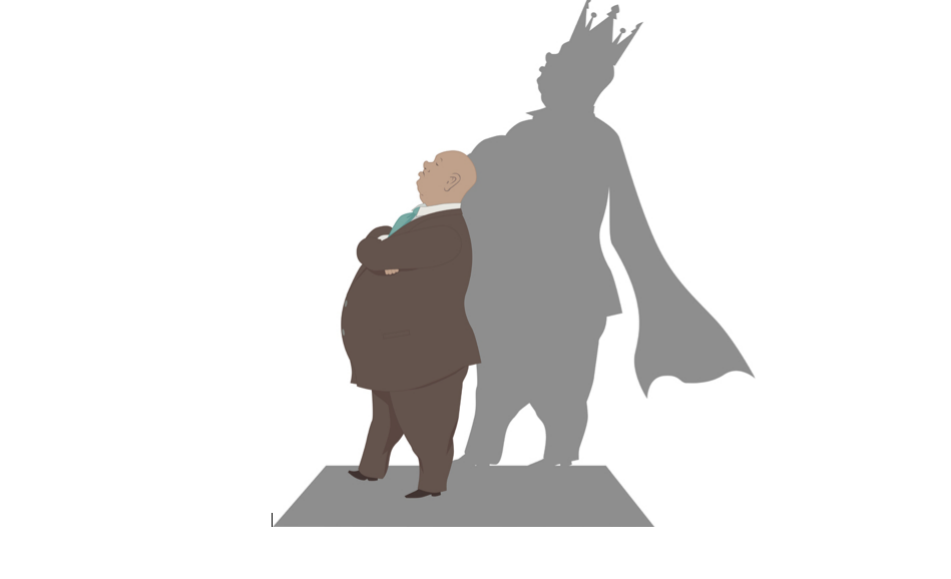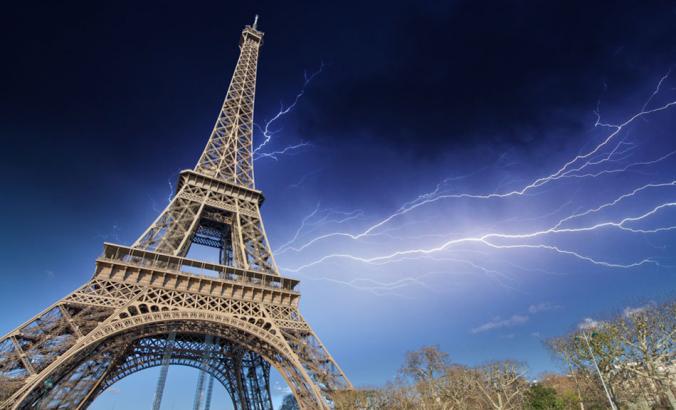Paris and the trouble with climate elitism

The Business & Climate Summitin Parishas just closed, and it’s been quite a roller-coaster ride.
There have been highs and lows, loop-de-loops and one serious omission that could cause the whole thing to come crashing down.
First, the highs. The spontaneous chats are my favorite part. The "sustainability gang" are all here, of course, like a college reunion. Gossip has flown and deals have been struck in the hallway.
My most unexpected networking moment was with the coat-check woman, who knows simply everyone in the U.N. She was particularly impressed that the CEOs, including those from fossil fuel companies, have supported what the OECD Secretary General called "a big fatcarbon price."
I’ve also loved watching American colleagues sipping a glass of wine with their lunch. Each of them with the facial expressions of naughty schoolchildren expecting to be called out for being too European.
The lows were tedious. The dull ache in my soul from panel after panel of only white middle-aged men. Or Tony Hayward — yep, the Deepwater Horizon guy, now at Glencore and smugly claiming that coal is the only answer to India’s energy demand.
But from the first session through all the side panels, canapés and debates, a nagging worry of mine has proven all too prescient: the general psychology of the summit has been exclusionary.
精英似乎反对vinced that only the elite will solve climate issues.
Engaging beyond the elite
While question after question was asked from the floor about citizen engagement, consumer outreach, education and awareness, the answers from the leaders' platform have been naive or dismissive.
At one point, a CEO even waved away customer concerns with "there is no greenwashing."
During the dedicated "Making Low-Carbon Life Cool," a few clever, if familiar, examples were provide byNike (Flyknit)andM&S (Shwopping).
Most others looked only to their supply chain or direct operations. The full value chain, including consumer use and disposal of products, barely has been mentioned.
It’s as if only about 1,000 decision-makers count. The leaders here don’t have a role for the other 7 billion of us. So I’m very worried — but also intrigued by a related idea that I can’t shake.
What if businesses and governments decided the best way to solve climate change was to work in partnership with people?
That would require a change of perspective. And for everyone here to remember that, directly or indirectly, every CEO and minister ultimately answers to real people. Without the public's permission, and perhaps enthusiasm, any agreement by leaders will have to be pushed uphill.
I have a different vision, one of hundreds of governments, millions of businesses and billions of people all facing the same direction.
Imagine what it would take to activate that beforeCOP21.
Worth it? Definitely. Possible? Ask me after another glass of wine.




